In many ways, onetime unicorn Plenty’s highly publicized 90% valuation slash in January felt like the end of a long, drawn-out death sentence for large-scale vertical farms growing leafy greens.
But was it actually?
Events from the last couple years would suggest as much, with companies that had raised hundreds of millions ceasing operations, declaring insolvency and the like. Apart from Oishii, which grows strawberries, not a single vertical farming company raised north of $100 million in 2024. The highest funding figure for a leafy greens grower in that year was $59.5 million raised by Vertical Harvest.
Fundraises are only one part of the story, though, and the low numbers don’t craft an entirely accurate picture of what vertical farming for leafy greens looks like in 2025. While it’s not likely we’ll see the mega-raises and sky-high valuations of yesteryear (which is no bad thing in some ways), a handful of players remain active and even innovative.
“I do believe that there’s a place for vertical farming. It’s just we need to be very honest about what that is,” Agritecture CEO Henry Gordon Smith said during a recent conversation with AgFunderNews.
“There are companies that have smallish farms, like neighborhood farms and if they get them running properly and profitable they could fit into some sort of urban future that has, say, fast casual restaurants and vertical farms together. There is a place for this at small scale.”
Top vertical farming rounds 2024:
| Company | Amount | Stage |
| 🇺🇸 Oishii | $150m | B |
| 🇺🇸 Vertical Harvest | $59.5m | Debt |
| 🇬🇧 GrowUp Farms | $49m | Late |
| 🇬🇧 Intelligent Growth Solutions | $29m | C |
| 🇺🇸 OnePointOne | $22 m | B |
| 🇺🇸 Hippo Harvest | $21m | B |
| 🇺🇸 Oishii | $19.5m | B |
| 🇨🇦 Vision Greens | $7m | A |
| 🇨🇱 AgroUrbana | $6m | B |
| 🇨🇦 Vision Greens | $6m | Debt |
| 🇺🇸 AeroFarms | $4.9m | Late |
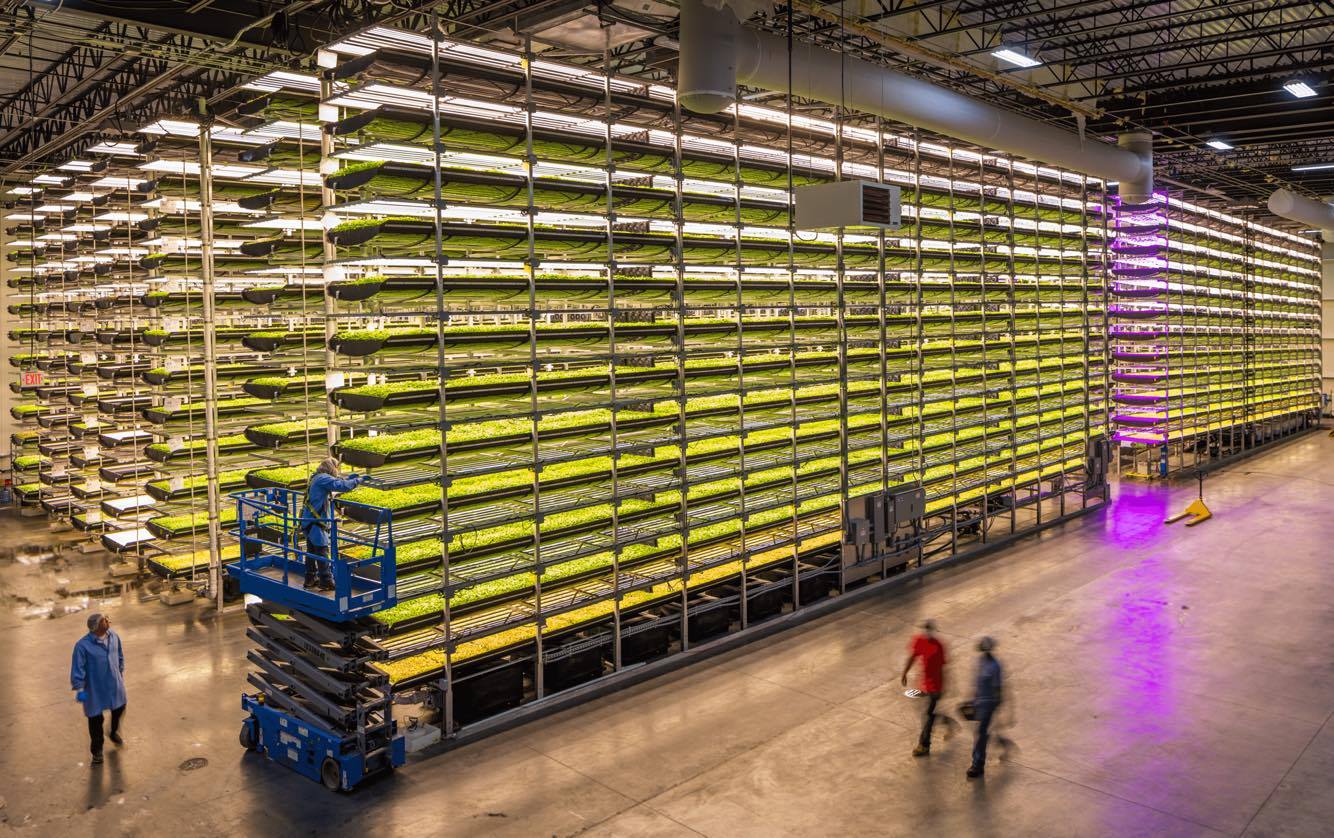
Where are they now?
During our conversation, Gordon Smith and I also pondered who was left in the space, particularly of those massively funded companies that were planning to build warehouse-sized farms around the world. Top rounds from 2024 suggest enabling technologies, equipment manufacturers and berries are where the industry is headed.
To get a pulse on the leafy greens sector, AgFunderNews looked at vertical farming companies that had raised the most funding between 2019 and 2022 — the peak years for high valuations, mega-raises, and mega-claims. Like any other industry, some have thrived in the ensuing years and many more have flailed — though not necessarily disappeared altogether.
Top rounds, 2019 – 2022
| Round date | Company | Amount | Stage |
| 2022 | 🇺🇸 Plenty | $400m | Late |
| 2021 | 🇺🇸 Bowery Farming | $300m | C |
| 2021 | 🇩🇪 Infarm | $200m | D |
| 2019 | 🇺🇸 Plenty | $175m | C |
| 2020 | 🇩🇪 Infarm | $170m | C |
| 2021 | 🇺🇸 80 Acres Farms | $160m | B |
| 2022 | 🇨🇦 Goodleaf Farms | $150m | Late |
| 2022 | 🇺🇸 Bowery Farming | $150m | Debt |
| 2020 | 🇺🇸 Plenty | $140m | D |
| 2022 | 🇬🇧 GrowUp Farms | $136m | Late |
| 2022 | 🇺🇸 Soli Organic | $125m | D |
| 2021 | 🇺🇸 Upward Farms | $122m | B |
| 2021 | 🇺🇸 Soli Organic | $120m | Late |
| 2021 | 🇩🇪 Infarm | $100m | C |
| 2019 | 🇩🇪 Infarm | $100m | B |
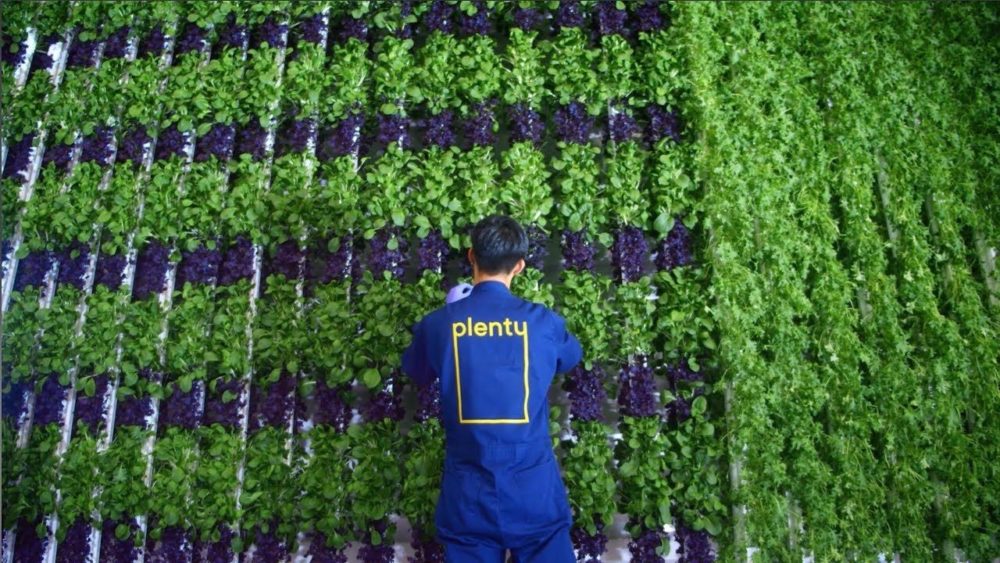
Founded: 2014
Total funding: $940 million+
Notable investors: Walmart, SoftBank, Driscoll’s
Plenty closed its Compton, California farm in 2024 (after years of promising its opening). As of January 2025, Plenty was in talks to raise another $125 million as part of a recapitalization that would value the company’s existing shares at less than $15 million — a bit of a drop from the $1.9 billion investors previously valued Plenty at. Plenty has also installed an interim CEO following the departure of Arama Kukutai.
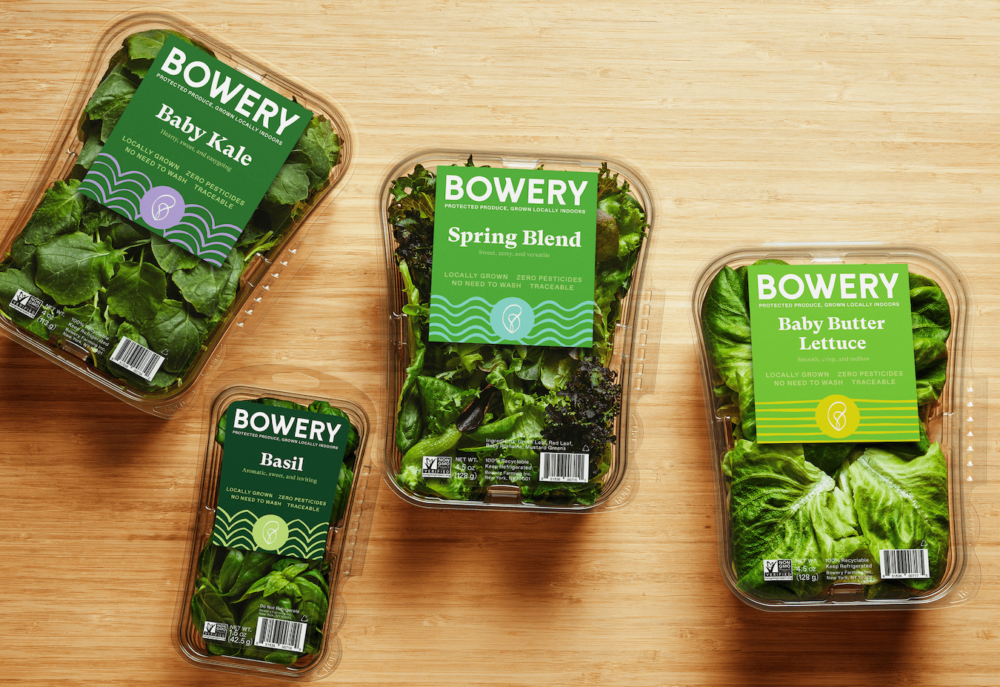
Bowery Farming
Founded: 2015
Total funding: $938 million
Some notable investors: Temasek, GV, Justin Timberlake
Status: Celebrity-backed Bowery Farming ceased operations in November 2024 and laid off staff at its facilities, which were in New Jersey, Pennsylvania and Maryland. According to a former Bowery employee who spoke to AgFunderNews, financial difficulties compounded by widespread plant disease ultimately led to the company’s demise: “The top three things that kill commercial farms? Pathogens, pathogens, pathogens.”
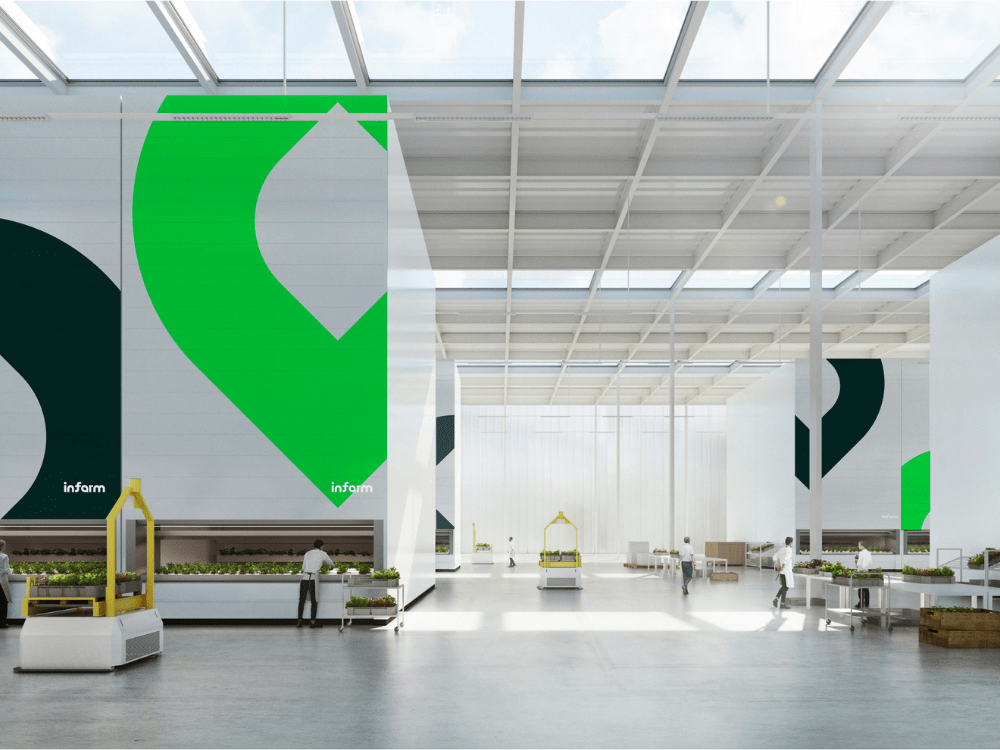
Infarm
Founded: 2013
Total founding: $604.5 million
Some notable investors: Astanor, Lightrock, Qatar Investment Authority
Status: After years of international expansion, Berlin-based InFarm declared insolvency in major European markets in 2023. The company has since reemerged as InFarm Technologies Limited, purchasing the old company’s assets for just over €40 million. The new InFarm is legally headquartered in Britain but operates out of Canada, where it produces kosher salad greens for the North American market.

Founded: 2015
Total funding: $370 million+
Some notable investors: General Atlantic, Siemens Financial Services, Barclays Climate Investors
Status: US-based 80 Acres Farms most recently raised $115 million and acquired Israeli biotechnology company Plantae Biosciences. The latter move is part of 80 Acres’ plans to focus on plant genetics for vertical farming, says Tisha Livingston, CEO of Infinite Acres and cofounder of 80 Acres.
“Using advanced plant breeding technology, we can begin to truly differentiate produce by optimizing for flavor, texture, and nutrition, unlike anything available in the marketplace today.”
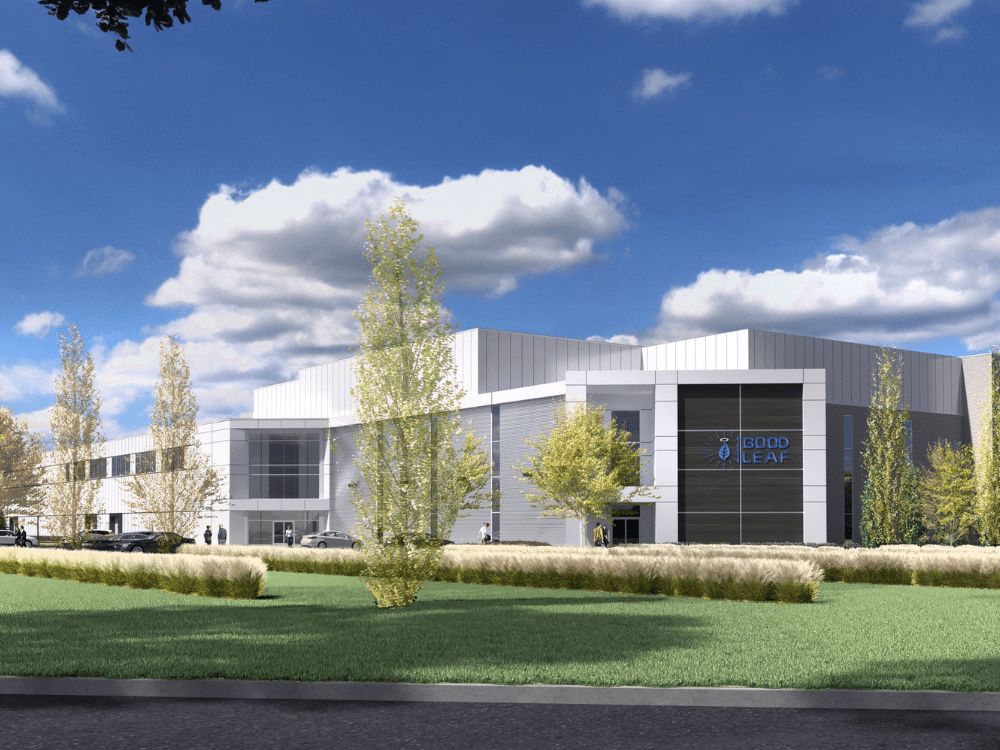
Founded: 2015
Total funding: $162 million
Some notable investors: Farm Credit Canada (FCC), McCain
Status: GoodLeaf Farms secured funding from FCC in January 2025; the new capital will aid GoodLeaf’s expansion across Canada, the company said, adding to its existing facilities in Ontario, Alberta and Quebec. At the time of the announcement, CEO Andy O’Brien spoke of the long-term role vertical farming had to play in Canada, where year-round production of most produce outdoors is not possible because of the climate.
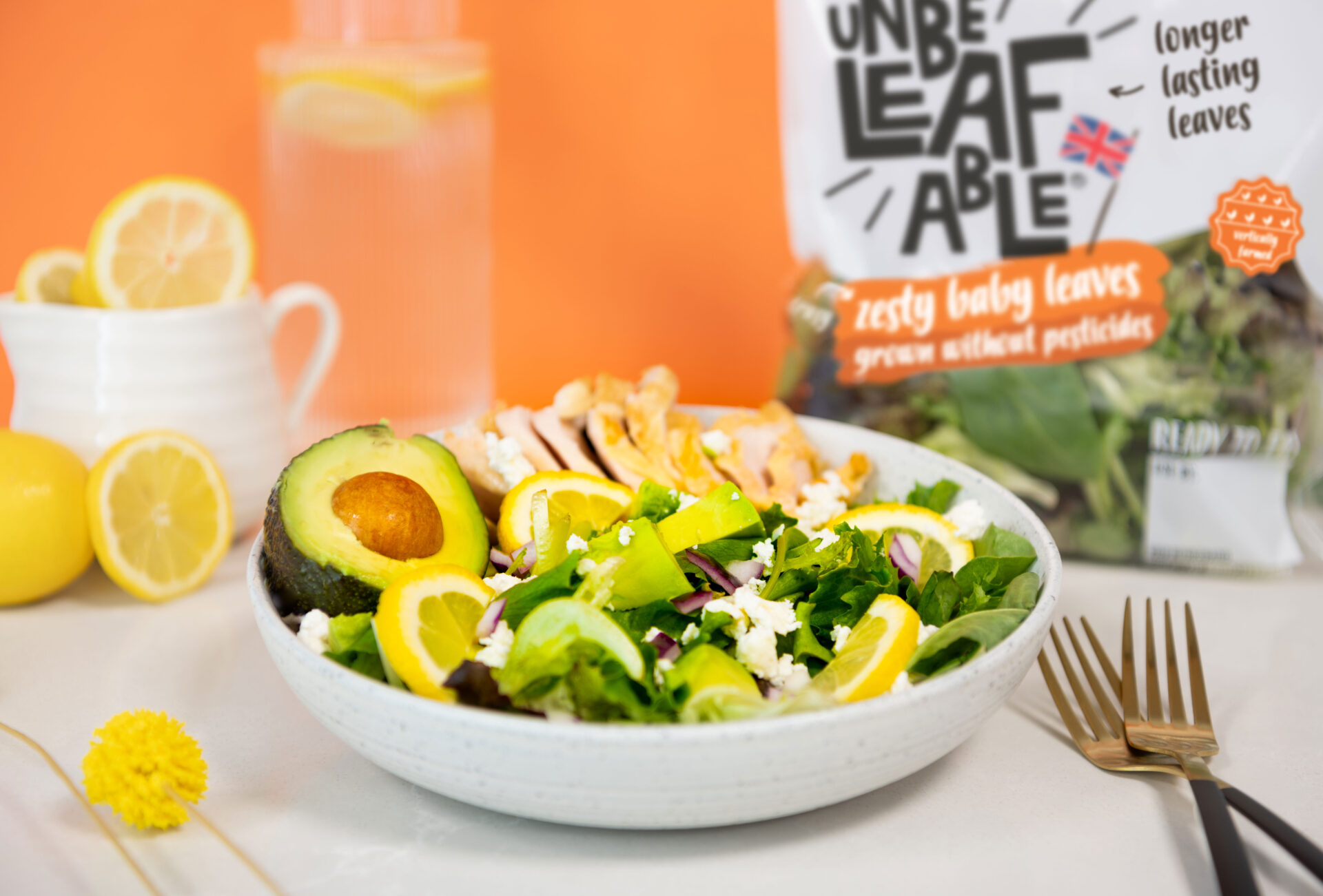
Founded: 2013
Total funding: $193 million
Some notable investors: Generate Capital, EIT Climate-KIC
Status: GrowUp Farms snagged £38 million ($48 million) in 2024 to expand capacity at its Kent, UK vertical farm (dubbed Pepperness) built on a reclaimed parking lot. GrowUp is unique amongst leafy green growers in that its facilities are completely powered by renewable energy — now considered a top priority for vertical farming — from a co-located bioenergy plant.
“Grow Up, because of their approach to energy and being co-located next to a biogas plant, means they not only benefit from renewable electricity but also renewable heat in a very efficient way,” Generate Capital managing director Eduardo Clemente told AgFunderNews last year. “This allows them to reduce the cost of the product, produce at scale and also sell at prices effectively competitive with traditional agriculture.”
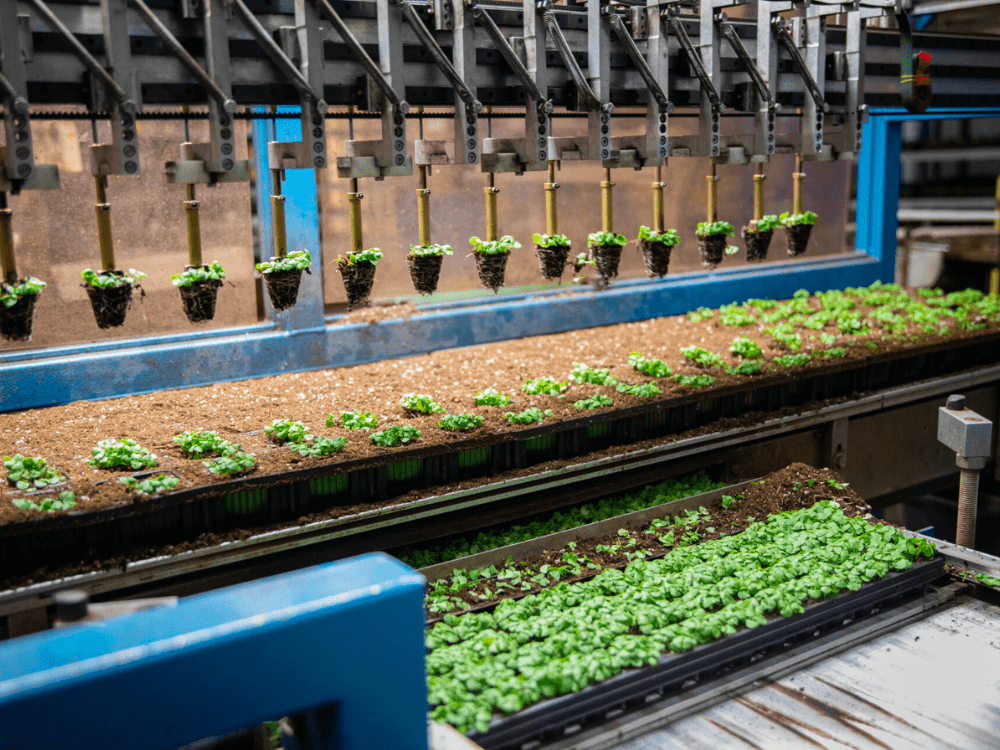
Founded: 1989 (as Shenandoah Growers)
Total funding: $292m
Some notable investors: Movendo Capita, S2G
Status: Soli Organic uses vertical farming to grow plants in soil, which is a fairly unusual approach amongst the sector’s many hydroponic operations. In 2024, the Virginia-based company deployed its first-ever battery-electric truck in partnership with Penske Truck Leasing, and opened a new facility in San Antonio, Texas.
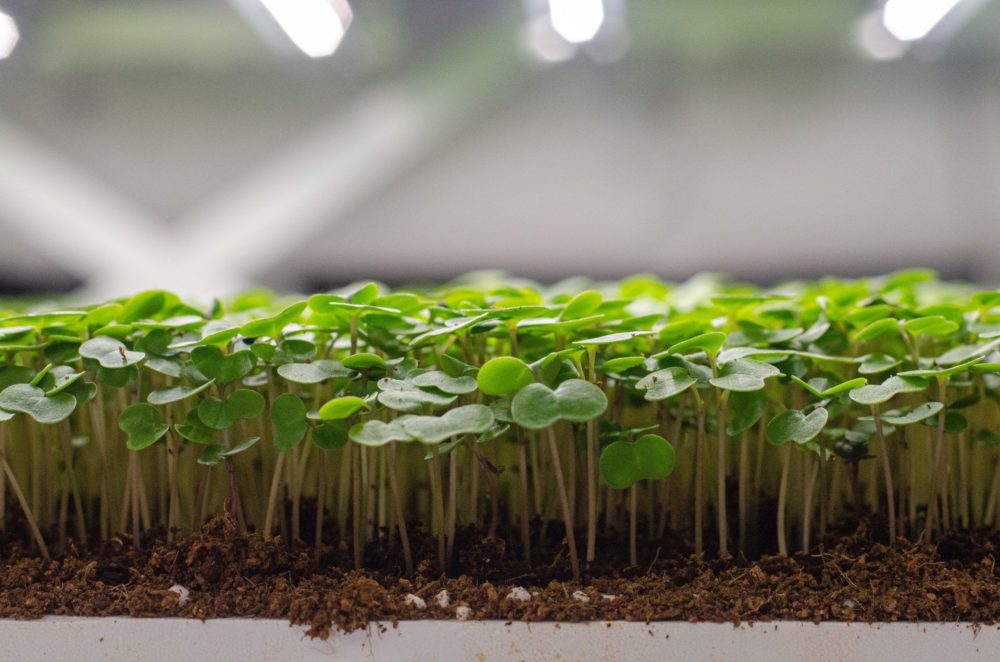
Upward Farms
Founded: 2013
Total funding: $141.7 million
Some notable investors: Recharge Thematic Ventures, White Buffalo Capital
Status: Upward Farms ceased all operations in 2023, including closing its Brooklyn facility and halting progress on its to-be-constructed farm in Pennsylvania. “We found that vertical farming is almost infinitely complex, as we tackled challenges, new ones emerged,” the three founders shared in a statement at the time of the closing.
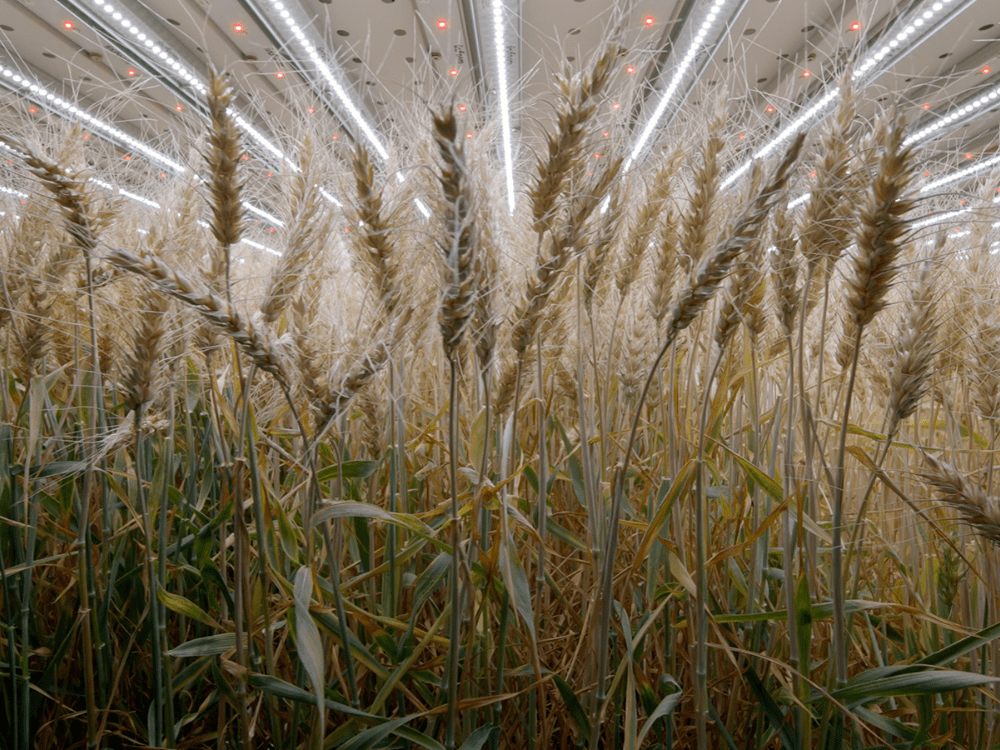
Have we learned anything?
“Hype hits a wall in agriculture, because there are biological limits: like you literally can’t economically grow certain crops indoors,” says Gordon Smith.
Not that that stopped companies from trying. A flurry of announcements starting around 2019 name-checked cocoa, watermelons, wheat, and blueberries, to name a few. Meanwhile, the bulk of companies making such announcements at the time had yet to turn a profit on even the humble leafy green.
“Some of it is just practical,” Gordon Smith adds. After all, these are farms, so “focusing on farming is the absolute most important thing, rather than technology.”
He cautions investors about companies that focus more on technologists than on farmers. While having one of the latter in the company isn’t a total failsafe (one of Plenty’s cofounders is a sixth-gen farmer), Gordon Smith flatly says, “don’t invest if there’s not a farmer onboard” in some part of the organization.
Another message for investors: “Just because companies are throwing a bunch of capex at R&D doesn’t mean it’s needed. I think a lot of investors invested for that reason, and for the possibility of licensing that tech as a backup plan.”
In other words, don’t innovate for innovation’s sake. This is already a widely preached message in indoor ag, particularly since the demise of many of the companies that were building out their tech from scratch.
Read the orginal article: https://agfundernews.com/progress-report-where-are-vertical-farmings-biggest-leafy-green-growers-now


